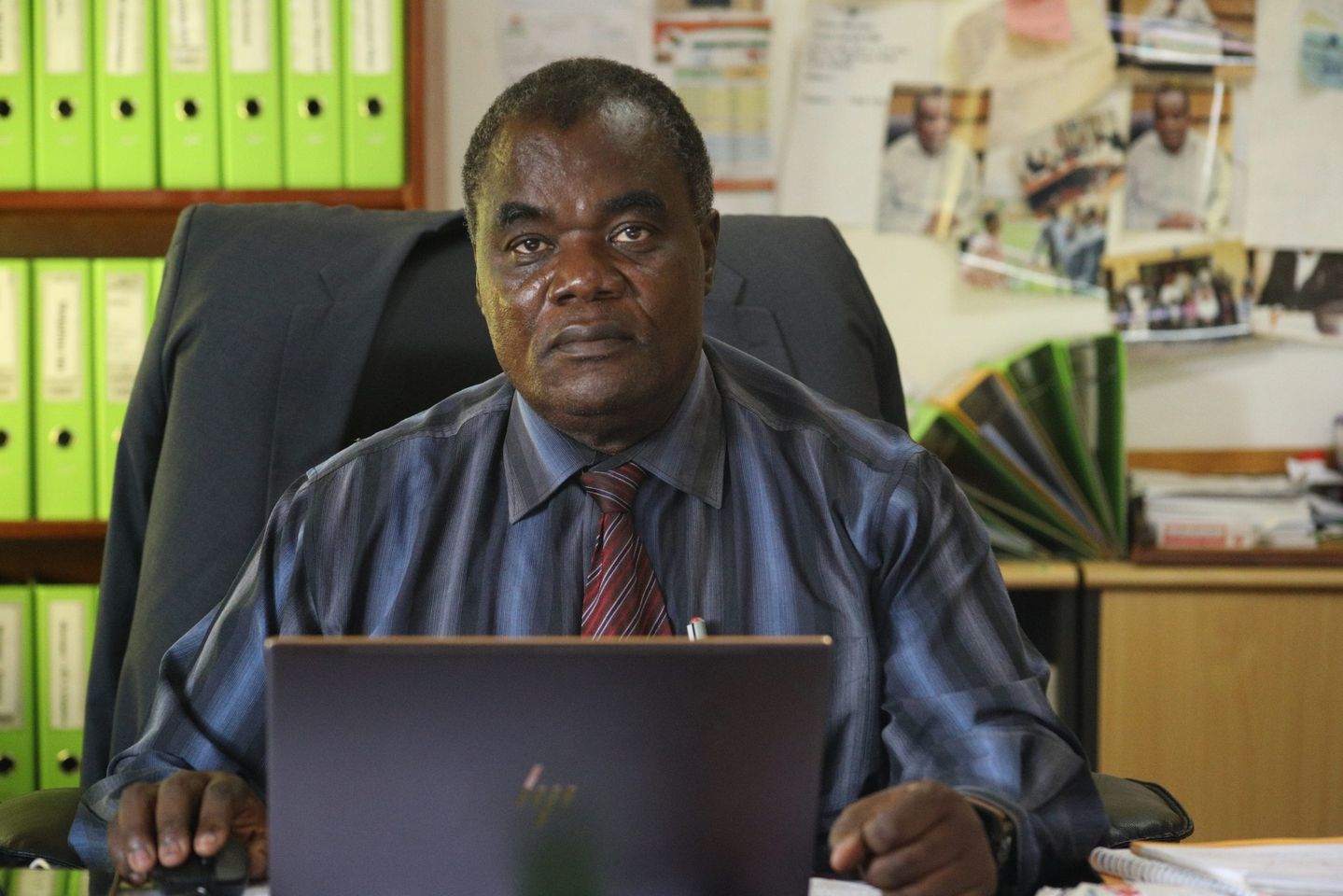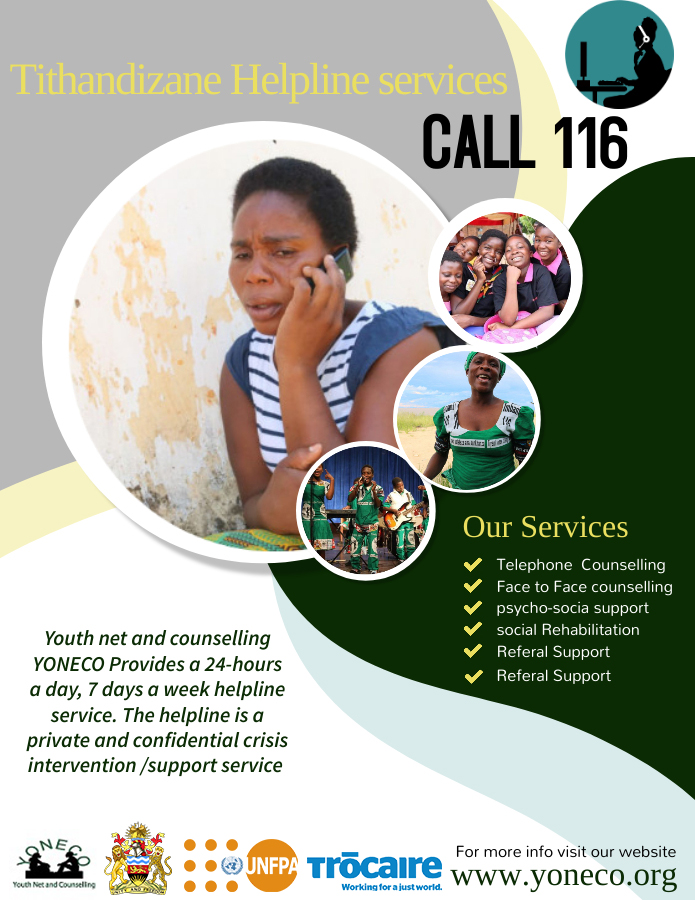Dear readers,
Welcome to our June 2025 newsletter. June 2025 means we are half way through the year and it is possibly high time we reflected on the challenges and opportunities after 6 months at personal, organizational, national and global level. We need to seriously rethink development and global issues. We need to ask ourselves as local organizations, Malawians and also as internationals.
Let us begin our discussions reflecting on the impact of President Donald Trump’s Executive Orders, especially the one that affected a number of local and international NGOs through funding cuts, restricting of AID and the focus on America. The result was the closing of projects and jobs were lost. Before it could rest, we also observed that other countries like the UK and the EU as an entity were revisiting their AID packages to developing countries. We have seen vehicles being auctioned. What was more interesting was that this AID refocusing comes at a time when there was a localisation push under the Grand Bargain, C4C and many other instruments including the humanitarian leadership academy that we need localisation. The localisation movement had grown so well such that local actors were beginning to see light at the end of the tunnel.
We wondered whether the America First theory was built as a response to the growing movement of localisation. We are also wondering if the response from the UK and other developed counties to reduce the aid to developing countries was a direct response to the growing aspect of localisation. However, this situation has given NGOs in developing countries to rethink the AID we are receiving and think critically about the alternatives we have. As Dambisa Moyo puts in her book “Dead Aid”, no amount of aid can develop a nation. The strings attached to the AID makes developing countries poor as it creates dependency and makes the aid recipient to stop planning and not think beyond aid. Since the Executive Order, so many government departments including the UN system have greatly complained but does not offer insight into what will be done.
The question we need to answer is whether NGOs can be able to survive without aid. We thank organisations like Network for Empowered AID Response (NEAR) for proving a response grant to local NGOs affected by the Executive Orders ($25,000 is a big boost to the organisations), VIIV Health Care for supporting your partners to cope with the Executive Orders and Trocaire for being there to lead the way through the consultations and engagement through the Hub in Nairobi and the country offices. You have also led the way in providing indirect cost recovery.
While the above are great response initiatives, the Executive Orders and the downscaling of the funding to the developing countries need to be looked at seriously. There have been calls to go to the foundations and we are sure that these might also be saturated. We therefore need to seriously revisit the funding and financing mechanisms for the local organizations. During the Malawi Confederation of Chambers of Commerce and Industry (MCCCI) leaders’ forum in Mangochi recently, the British High Commissioner said that “The AID Pot is drying up”. She was speaking to business captains and asking them to rethink how we are financing the work we are doing. As if this is not enough, Malawi’s Credit Facility collapsed when we are told that we already have a child being born in Malawi with a debt. We are not sure what this means but the reality is that things are not good. We need to develop strategies and thoughts on the aid structure and how we are going to reduce dependency. We need serious social and economic independence and not just political independence.
Enough about Aid issues even though we need to find solutions together… Amidst Aid cuts, we still have huge issues that we need to respond to over the period. We will be commemorating the International Day against Child Labour (12 June 2025) in Machinga under the theme “progress is there but theoretically more that we need to do”. While this is being organized under the theme, as a country we need to reflect seriously on the plight of child labour survivors.
There has been focus in Agriculture and the domestic child labourers have not been reviewed. Unfortunately, policing child labour in the homes is very difficult. Child labor is one reason children drop out of the schools. Areas like Mposa in Machinga are both the suppliers of child labour to the domestic child labour industry while also having a huge child labour industry in the fishing communities. Known for their light weight under the water in the fishing industry, “Bira Boys” are child labourers that endure the challenges in water, drop out of schools and remain poor. However, have we reflected on the domestic child labourers and how to protect them? Have we ever been interested in the children selling things late in the night, particularly the girls?
We are aware of the efforts by the Government under the alliance but this is very decimal considering the children’s challenges in Malawi. Take note that these children are exported or trafficked from places like Mposa in Machinga through relations and close family ties. We need to manage this.
Malawi will host continental celebration of the Day of the African Child on 16 June 2025 under the theme “planning and budgeting for the children rights: Progress since 2010”. It is an honour for the African Committee of Experts on the Rights and Welfare of the Child (ACERWC) to give Malawi this opportunity and we are all excited that we will host this important function.
However, as we continue to plan, it is important to question some of the interventions we are having. One question that has remained unanswered is the “Child Participation” in matters affecting the children in Malawi. Current events show that Malawi child participation forums are limited to Child Parliament. While this stands as a critical leadership programme, developing an active citizenry requires that children have to be engaged not only as child parliamentarians, but also children in general. Limiting child participation to parliament not only deprives children of their right to participate, but also makes the children develop into passive citizens that do question the many things around them. We therefore need a “Children’s Movement” in Malawi with a corresponding “Child Rights Organisation Movement” that would champion the child rights engagement in a holistic and not cosmetic.
Drug and substance abuse continue to be a menace in our society. The situation is dire especially for secondary school going children and those who are out of school. University students have been the biggest victims of drug abuse and this has become a silent epidemic. If not contained, we will be faced with a disaster, that is, if we have not already reached a disaster phase..
YONECO through the Helpline continues to receive many parents to seek counselling services for themselves and their children. The major issues range from violence, selling of property, poor family relationships and dropping out of schools. Some of drugs used are licit drugs that are being abused and procured straight from the counter. However, there have also been incidents of ilicit drugs and young people making their own drugs out of licit drugs. Places like botanic garden in Zomba and Njamba park in Blantyre and indeed many other places for recreation has become havens for drug and alcohol use in our society. As we celebrate the International Day Against Drugs and Substance Abuse on 26 June 2025, we call upon parents not to despair. This is a challenge that we need to meet head on and we should not bury our heads in the sand. We need to confront the abuse of drugs and alcohol in the family, communities and other places. It should be noted that drug and substance does not only affect the abuser, it affects the family and society at large.
We need to get help on 6600 (drug and substance abuse Hotline) or 393 (Youth Helpline). YONECO will also, through the Tithandizane National Helpline Services, be hosting the “Sessions for Parents and Guardians for Children and Young People abusing drugs and substances in Zomba, Lilongwe, Blantyre and Ntcheu”. Parents and guardians, you also free to send an email to drugs@yoneco.org.
Have a wonderful June 2025


